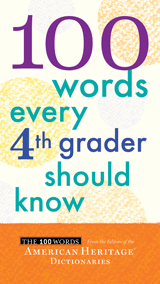
|
|
accommodate afterthought allegiance aloft ancestor anticipation antics apparel ascend beckon brink catastrophe coax compassion complexion content courteous cringe derelict dignity distaste dormant elaborate endure enforce exertion expanse extraordinary foliage foremost frank function futile gaze |
glimmer glimpse grimace headstrong hesitate hoist immense imperceptibly indication inscription instinctive intent interior jar keepsake knack literacy lurch makeshift malicious massive meager melancholy merge mingle minuscule momentary nape nimble obstinate opt overwhelming pact pandemonium |
persuade phenomenal ponder quantity quaver quench radiant ravine recipient resentful satisfactory sensitive sentiment shudder sickly sleek solemn soothe stagger stern tantalize temptation transform unscrupulous vain vengeance violate vital vivid wistful yield zest |







